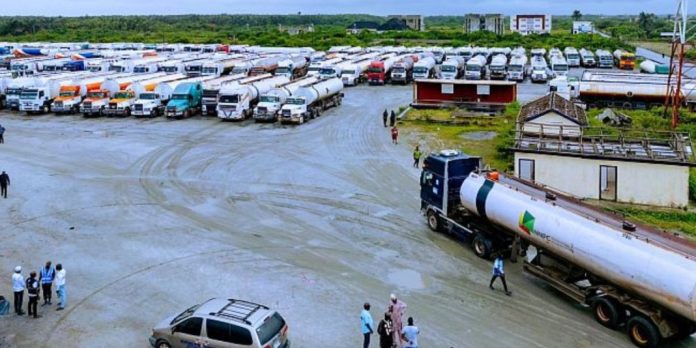The Nigerian National Petroleum Company Limited (NNPC) has officially ended its exclusive purchase agreement with Dangote Refinery, allowing other marketers to directly buy petrol from the refinery. This decision marks a significant shift in the fuel supply market, opening up competition and potentially stabilizing supply chains.
Previously, the NNPC was the sole off-taker of petrol from the Dangote Refinery, but this move means that independent marketers can now negotiate directly with the refinery, purchasing fuel on a willing buyer, willing seller basis. This aligns with the deregulated model for products such as diesel and kerosene, where refineries are free to sell to any buyer.
Earlier in September, Devakumar Edwin, vice president at Dangote Industries Limited, announced that the 650,000 barrels-per-day Dangote Refinery had begun processing petrol, with NNPC as the exclusive buyer at the time. However, following concerns from industry stakeholders and a push from the House of Representatives, NNPC has stepped away from this role.
The House of Representatives, on September 26, called on the federal government to ensure that NNPC and Dangote Refinery allow independent marketers to lift petrol directly from the refinery. Lawmakers expressed concerns that excluding independent marketers could harm competition, leading to higher prices and reduced access to fuel.
Oboku Oforji, a member of the House of Representatives (PDP, Bayelsa), who moved the motion, emphasized the importance of competition in driving down costs and ensuring a stable supply of petrol. He criticized the exclusive agreement between NNPC and major marketers, likening it to a monopoly that could harm smaller marketers and fuel the potential for higher prices.
The NNPC has acknowledged that it had been purchasing petrol from Dangote at N898.78 per litre but selling it to marketers at N765.99 per litre, absorbing a subsidy of almost N133 per litre. This arrangement, according to an NNPC official, was unsustainable.
From mid-September, NNPC lifted around 103 million litres of petrol from Dangote Refinery, though only 26% of the planned 400 million litres were delivered within the period. Following these developments, NNPC decided to step back, allowing other marketers to purchase petrol directly at market price without subsidies.
While this move towards market liberalization could result in higher fuel prices in the short term, it also opens the door for marketers to source fuel from multiple suppliers, including Dangote Refinery and others, thereby increasing competition. This shift is expected to lead to a more efficient market in the long run.
As NNPC steps away from its sole off-taker role, industry experts anticipate that this could encourage new investments in the downstream sector, giving marketers more flexibility in sourcing and pricing products. However, concerns about potential price hikes remain as subsidies are phased out.
The management of Dangote Refinery has also been urged by the House of Representatives to build or partner in establishing tank farms or depots across Nigeria’s geo-political zones, improving access to petroleum products across the country.
With these changes, the Nigerian fuel market is expected to see a shift towards greater transparency and competition, leading to a more stable and efficient supply chain for petrol.



